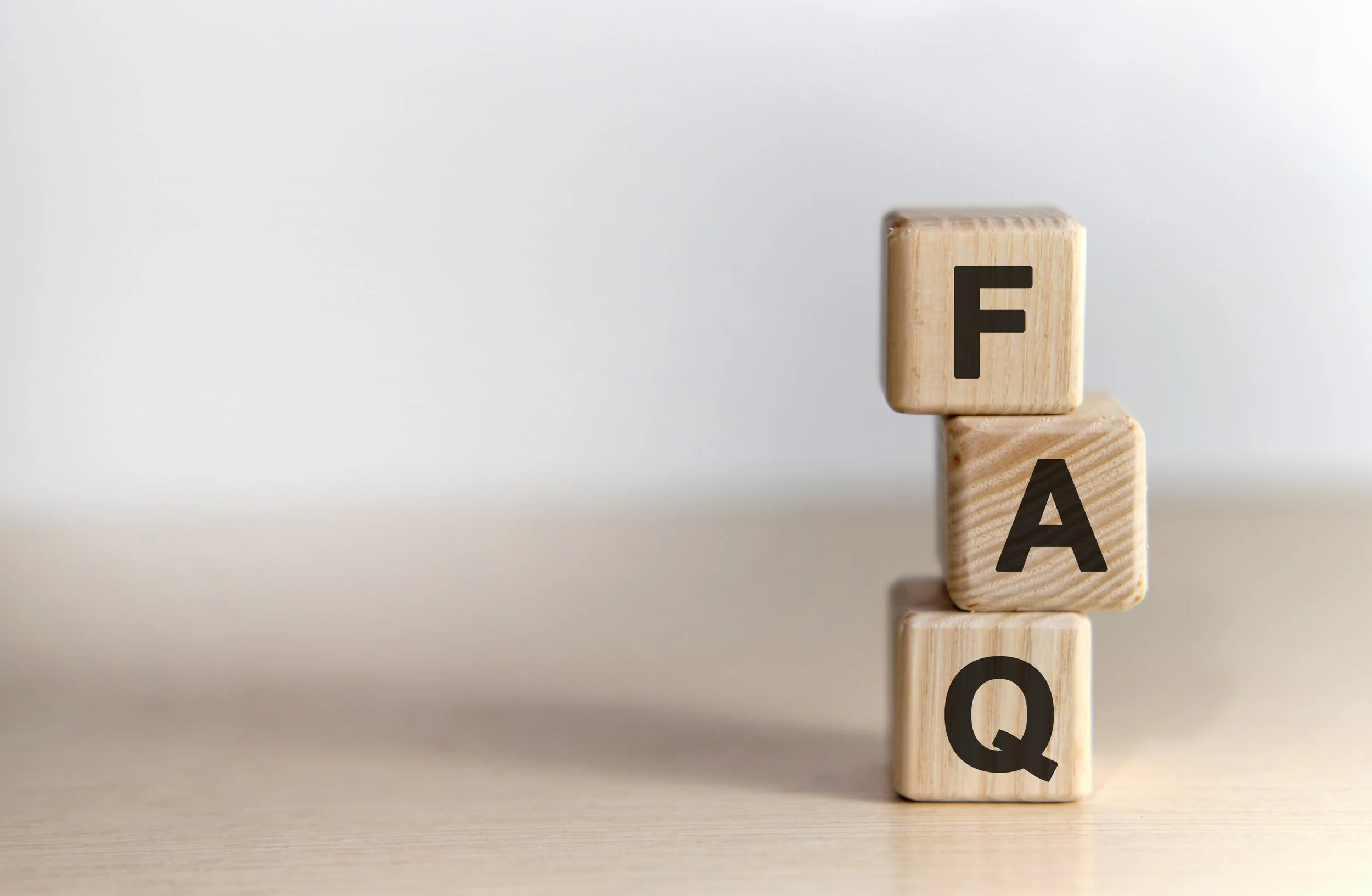Hemorrhoids: if you know, you know. While hemorrhoids are pretty common pain in the rear, they aren’t something people tend to talk about – and we’re here to change that. As a provider that specializes in hemorrhoids, we know you probably have a few questions. Today, we’re going to tackle some of the most frequently asked questions about hemorrhoids. So, let's get started so you can be well on your way to relief.
Commonly Asked Questions About Hemorrhoids:
1. How Do I Know I Have a Hemorrhoid?
Hemorrhoids, often referred to as piles, can be quite stealthy. However, here are some common signs that you might have hemorrhoids:
Rectal pain or discomfort, especially during bowel movements
Bright red blood in the toilet or on toilet paper
Itching or irritation around the anal area
Swelling or a lump near the anus
If you're experiencing any of these symptoms, it's a good idea to consult with a healthcare professional for a proper diagnosis. Once you have a diagnosis, you’ll know what you’re working with and how to treat it at home.
Learn More About Hemorrhoids: What are Hemorrhoids and How Are They Treated?
2. What Are the Worst Things to Do for Hemorrhoids?
If you’re looking for a list of things to avoid at all costs, we’ve got you covered. When dealing with hemorrhoids, some actions can make the situation worse. Here are a few things you should avoid:
Straining during bowel movements: Pushing too hard can exacerbate the problem.
Prolonged sitting on the toilet: Spending excessive time on the toilet can increase pressure on the veins in the rectal area.
Using rough toilet paper: Opt for soft, moistened wipes. Cotton pads with witch hazel can also help soothe the pain, burning, or itching associated with your hemorrhoids.
Ignoring the urge to have a bowel movement: Holding it in can lead to constipation and worsen hemorrhoids.
3. Should I Push My Hemorrhoid Back In or Leave It?
This is a common question, and the answer depends on the severity of your hemorrhoid.
If it's a prolapsed hemorrhoid (meaning it has protruded outside the anus), you may gently push it back in with clean hands. However, if you're unsure or uncomfortable doing so, consult a healthcare provider for guidance.
4. What Shrinks Hemorrhoids Fast?
Fast relief is often a top priority when dealing with hemorrhoids. While they won't magically disappear overnight (sorry!), here are some tips to help reduce discomfort and swelling:
Use over-the-counter creams or ointments containing witch hazel or hydrocortisone.
Take warm baths (sitz baths) to soothe the area.
Apply cold packs to reduce swelling.
Stay well-hydrated and consume a high-fiber diet to soften stools and ease bowel movements.
5. Home Remedy or Medical Attention? Know When It’s Time
Home remedies can be effective for mild cases of hemorrhoids.
These include the tips we mentioned above, along with maintaining good hygiene and avoiding excessive straining. However, if your symptoms persist for a week or more, worsen, or if you notice any unusual changes, it's essential to seek medical attention ASAP.
What Happens To Untreated Hemorrhoids?
Tired of Dealing With Hemorrhoids? Maybe It’s Time for a More Permanent Solution…
In conclusion, hemorrhoids are a common and treatable condition. By recognizing the symptoms, avoiding harmful practices, and following proper care guidelines, you can alleviate discomfort and promote healing. However, if you have recurring hemorrhoids, or hemorrhoids that don’t get better within a week, contact the Colorectal Clinic of Tampa Bay. Our specialists can help you find a solution that will either eliminate or greatly reduce your incidence of hemorrhoids.

